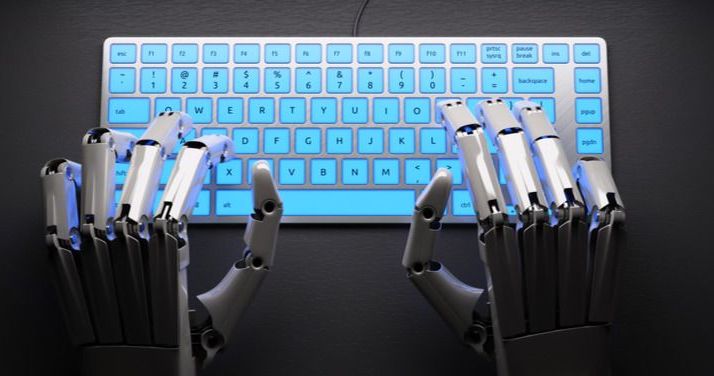You’ve been hoaxed.
The hoax seems harmless enough. A few thousand AI researchers have claimed that computers can read and write literature. They’ve alleged that algorithms can unearth the secret formulas of fiction and film. That Bayesian software can map the plots of memoirs and comic books. That digital brains can pen primitive lyrics1 and short stories—wooden and weird, to be sure, yet evidence that computers are capable of more.
But the hoax is not harmless. If it were possible to build a digital novelist or poetry analyst, then computers would be far more powerful than they are now. They would in fact be the most powerful beings in the history of Earth. Their power would be the power of literature, which although it seems now, in today’s glittering silicon age, to be a rather unimpressive old thing, springs from the same neural root that enables human brains to create, to imagine, to dream up tomorrows. It was the literary fictions of H.G. Wells that sparked Robert Goddard to devise the liquid-fueled rocket, launching the space epoch; and it was poets and playwrights—Homer in The Iliad, Karel Čapek in Rossumovi Univerzální Roboti—who first hatched the notion of a self-propelled metal robot, ushering in the wonder-horror of our modern world of automata.
